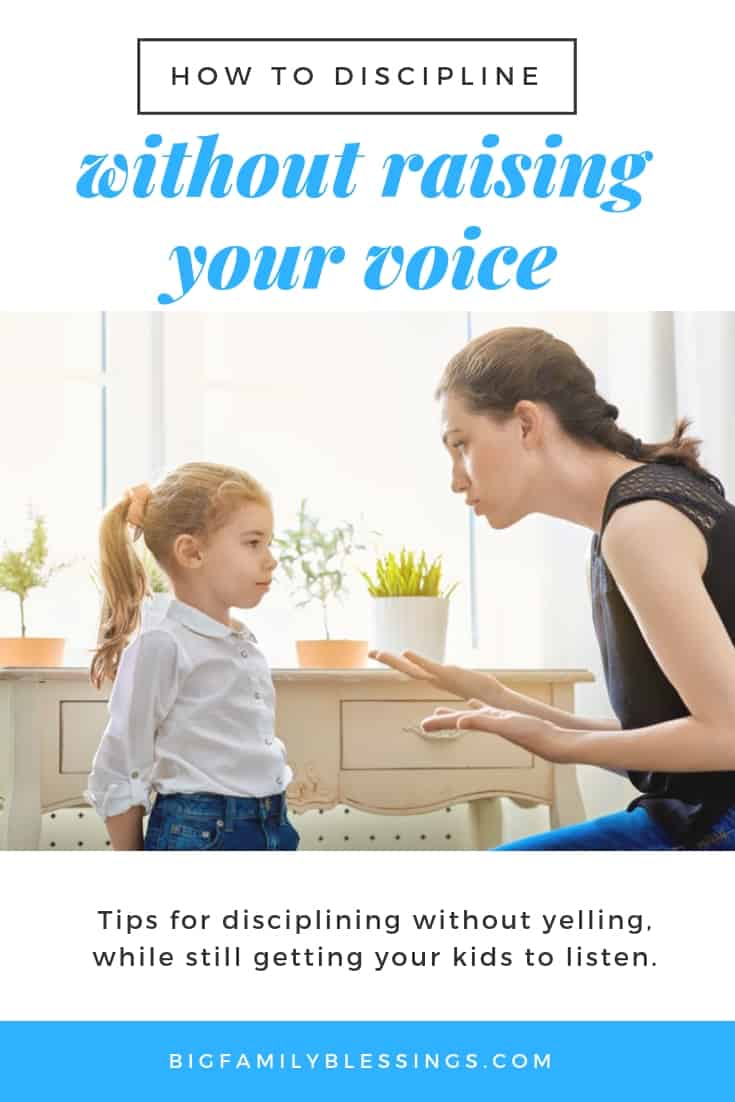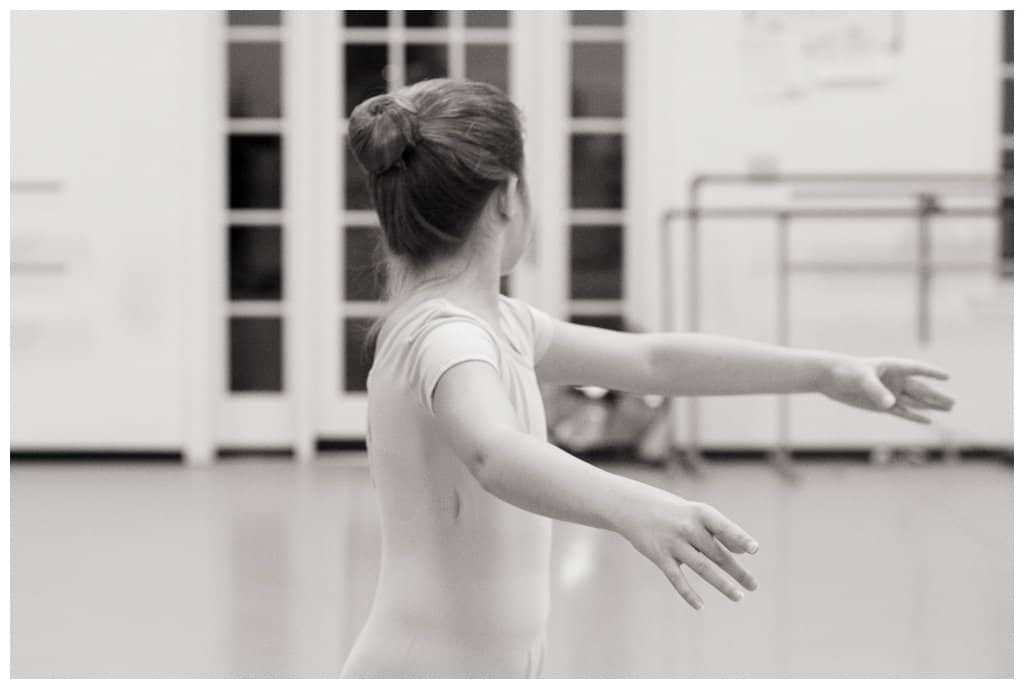How to Discipline without Raising Your Voice
If you have ever raised your voice at your child, you know rather quickly pretty much nothing gets solved. The guilt sets in, your child generally gets more upset, and the spiral of the raising of your voice begins. I want to share how to discipline without raising your voice. If you find that you are quick to yell, the process will take time, but ultimately you and your child will benefit from the results.
When you learn how to react positively to discipline, it will get easier each time. You will become more calm, collected, and can teach your child the right ways to react when they get in trouble.
Why Is Your Child Acting Out
Are they bored? Do they feel you are not giving them attention or focusing on another sibling more? Look to see if your child is acting out for attention. If that is the case, maybe look into how you can help your kiddo feel loved, focused on, and work through their acting out.
How Do You React To Other People
If your mother-in-law came over and did something wrong, I don’t think you are going to jump off yelling at her. You have to stop and think you don’t scream at your neighbor down the street, co-workers, so why go and yell at your child when they do something wrong.
Triggers
We all have triggers that make us lose our cool and yell. Try to stop and look at what made you raise your voice the next time. Maybe it is you shouted out of fear your child was going to get hurt, didn’t want to be distracted, etc. Once you learn your trigger, you can become more aware when it happens, and process it before you react.
Find Ways To Get the Point Across
Did you know that a child can repeat themselves over and over whether it be words or actions? In around a few hours you have about a 50 percent chance your child can repeat the same thing, you got on them for a few hours before.
Make sure to repeat for them to stop what they are doing, or whatever message you want, in a calm voice without yelling. It will require patience and persistence but that tactic, in the long run, is healthier for all.
Take a Breather
Step away from the situation for a minute to compose yourself. By doing this, you take yourself out of the situation, breath deep a few times, and cool down. Then go back and address what you want to get across to your toddler in a healthy and calm manner. As long as your child is safe and won’t get harmed, it is okay to walk into the bedroom or even bathroom for a moment of peace.
Firm But Soft Voice
Work at talking to your child in a firm but soft voice. The calmer you are when speaking to your child will help get the words across in a loving way. You might be amazed that speaking softer can get things across better than loud.
Expectations
Are you expecting too much out of your child? Being a toddler or even little child, we have to remember they are learning and growing every day. It is up to us to teach them wrong and right, love, patience, and how to react in situations. Maybe you are expecting them to act above their age range. Give a good look at to what you are expecting from your little ones.






